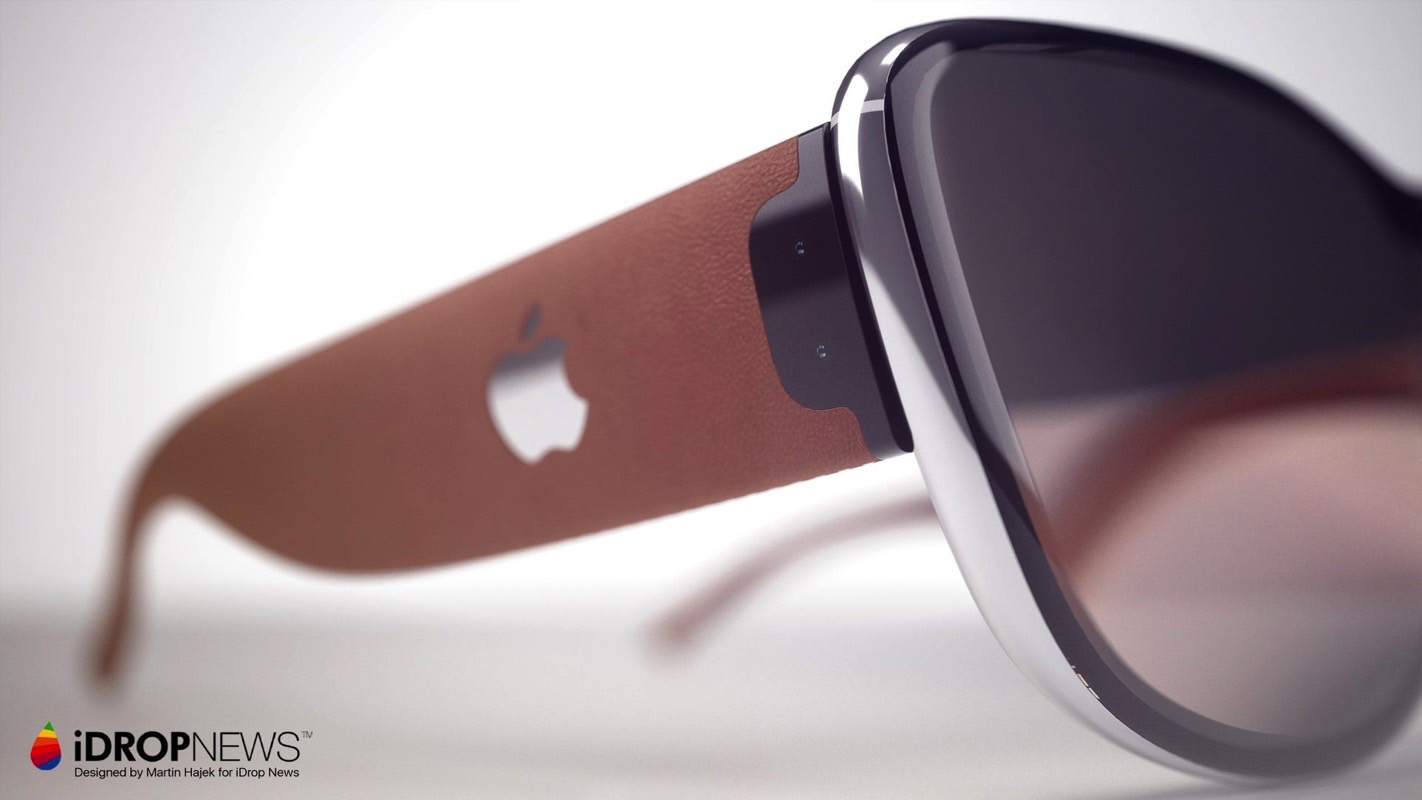Apple Glasses delayed 'indefinitely' — but a cheaper VR/AR headset could be coming
Apple Glasses could be on the backburner while Apple makes mixed reality more affordable

We have some disappointing news for anyone excited to get their hands on Apple’s upcoming AR-powered Apple Glasses. A new report suggests that their release is being pushed back, with Apple instead focusing its efforts on developing a cheaper version of the Augmented and virtual reality-capable headset.
According to a Bloomberg report by Apple sleuth Mark Gurman, there are technical challenges that have forced the company to postpone the development of Apple Glasses. It was originally rumored that the lightweight device could launch as early as late 2024 or early 2025, following the launch of the Apple VR/AR headset. But instead that plan is reportedly on hold.
The mixed reality headset has apparently faced a number of setbacks already, and there have been multiple reports of delays going back almost two years. It’s not entirely clear why these delays might have happened, though the tech industry has been suffering the past few years as a result of parts shortages, COVID-19 outbreaks in China, and other issues in the supply chain. Apple has handled those problems well, but even Tim Cook is not totally immune to that level of turmoil.
Not to mention the fact that Apple has very high standards for its products, particularly with regard to design. Analyst Ming-Chi Kuo has also reported that Apple wants to make sure there’s a full suite of hardware and software available for the headset, which means ensuring developers have time to contribute to a library of apps. All these things take time to accomplish.
But despite the innovations said to be coming in the VR/AR headset, it’s still a variation of technology that’s come before. VR headsets are nothing new, after all, and the Meta Quest Pro appears to already offer a number of the same features in Apple’s rumored device. Apple Glasses are something completely new, which poses a number of technical challenges.
One of the reasons development on the VR/AR headset may be taking so long is to ensure that it's light and comfortable enough to wear regularly — all while maintaining the power and system requirements necessary to function as standalone hardware.
Apple Glasses take that problem to a new extreme, and Apple has the challenge of squeezing all that augmented reality tech into an ordinary pair of glasses. It’s no small feat, and even Meta has reportedly had to scale back ambitions for AR glasses of its own — and that’s with the company’s extensive experience with VR and AR.
Sign up to get the BEST of Tom's Guide direct to your inbox.
Get instant access to breaking news, the hottest reviews, great deals and helpful tips.
So a report that Apple is shifting focus onto a cheaper version of its mixed reality headset makes a great deal of sense. Other reports have conflicting ideas on how much the device will cost, but it’s reported that it could cost as much as $3,000. A price that likely comes down to the advanced hardware inside, which is rumored to include a “Mac-grade” M2 processor, high resolution displays, and over 10 cameras and sensors.
We've heard rumors that a cheaper version of the headset was in the cards before, which makes a lot of sense. Lowering that price, and ensuring the headset is a lot more accessible, is the most logical thing for Apple to do next. Especially if Apple Glasses are still a few years away from being viable.
The Apple VR/AR headset is expected to launch later this year, following an announcement event possibly in March.

Tom is the Tom's Guide's UK Phones Editor, tackling the latest smartphone news and vocally expressing his opinions about upcoming features or changes. It's long way from his days as editor of Gizmodo UK, when pretty much everything was on the table. He’s usually found trying to squeeze another giant Lego set onto the shelf, draining very large cups of coffee, or complaining about how terrible his Smart TV is.
